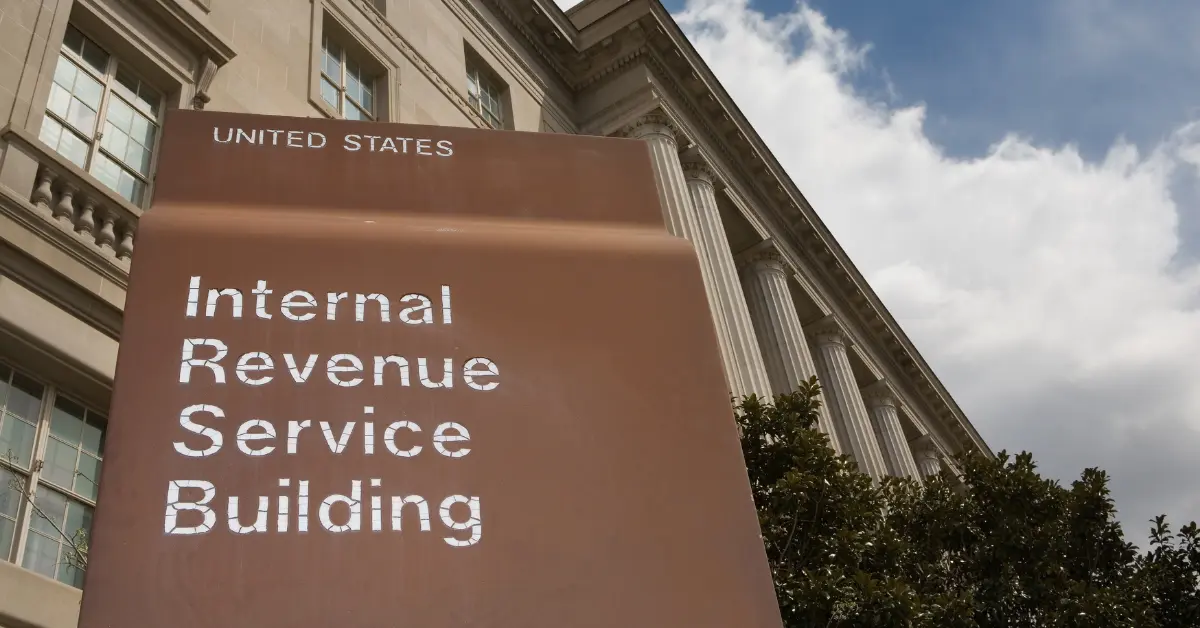If you’re like most people, you may think that the only way to legally move money offshore is to set up a trust fund or some other complicated financial arrangement. Moving money to offshore accounts often gets a bad rap. Many people assume that doing so is illegal and that they will end up facing a number of penalties if they get caught. However, there are actually a number of ways to do this that are perfectly legal. In this blog post, we’ll take a look at some of the most popular methods for legally moving money offshore.
The truth is that you can legally move money to offshore accounts, though, and that doing so even has some perks. Here’s a look at the process, including why it might be a good decision for your bank account.
Why People Use Offshore Accounts
When thinking of an offshore account, start by getting rid of concepts like “hiding your money.” Instead, think of any account you create outside your home country, usually for tax purposes. You do not even necessarily have to consider a country that is “offshore.” You could choose one in Canada or Mexico, for example, which would not require you to even leave the continent.

People may choose offshore banking for a variety of reasons, like:
- Holding money earned in a foreign country, usually at the tax rates of the country in which the money is held.
- Stability, because many people in other countries may fear their countries’ economies will collapse and leave them with nothing. Even U.S. citizens might appreciate the additional protection of an account in another country, where your money will remain protected regardless of what happens for non-residents.
- More opportunities to invest internationally for capital gains.
- Currency exchange rates that could make an offshore investor appear more favorable in the country in which they invest.
Yes, offshore investing can offer advantages, but failing to move your money offshore legally — or doing so without considering the myriad regulations that govern such decisions — may mean you face criminal investigations and Internal Revenue Service (IRS) audits. It’s best to have a clear understanding of the process before diving in.
Can Americans Move Money Offshore Legally?
Yes, Americans can move money offshore legally. However, there are certain requirements and restrictions that must be followed in order to do so. Moving money between different countries is considered a cross-border transaction and requires you to comply with international banking regulations as well as the laws of both countries involved in the transaction. Additionally, the US government has imposed reporting requirements on citizens moving funds abroad, so it’s important to speak with a qualified tax advisor before engaging in any international transactions.
Moving Money Overseas Legally: A 4-Step Overview
Moving your money to an offshore company can carry negative implications. Many assume that doing so is tied to tax evasion or criminal activity, which makes working with a trusted tax advisor who can oversee your efforts critical. Even moving to another country can have significant tax implications.
Make sure you follow the right steps to handle this process legally.
1. Have the Right Documents in Hand
You will need the right documents to open an offshore bank account, and many of them are the same as those you would use to open an account in the United States. These may include:
- Your passport or driver’s license
- Proof of residence
- Financial reference statements
- Information about what you plan to do with the account, if relevant
2. Choose a Currency
Select the currency in which you want to make deposits. Many offshore banks — unlike many traditional banks — offer a choice of how which you want to do your banking in. This sometimes comes with higher interest rates, so do your homework.
3. Deposit the Money
You will most often move money to your offshore account through wire transfer. Some people may also prefer to withdraw cash directly from an ATM in that country and deposit it in person, or to use a service like Transferwise.
4. Follow the Right Reporting Requirements
If you live in the U.S. and retain U.S. citizenship, you will need to report your income when you file your taxes each year. The U.S. taxes its citizens’ income regardless of where they earn it, so you will also need to make sure you have paid all necessary taxes on your overseas funds. A tax advisor can help you better understand taxation requirements related to your capital gains tax.
The 8 Pros and 7 Cons of an Offshore Bank Account
An offshore bank account offers a number of advantages for those looking to diversify their financial holdings. Offshore accounts provide a way to store and manage funds without the need for local taxation or reporting, allowing you to access your money more freely. Having an offshore account can offer several benefits and drawbacks that one should consider. It can:
- Help you diversify your investments
- Offer some tax advantages, depending on your income and the country in which you hold your account
- Decrease some of your financial risks
- Increased privacy and asset protection compared to domestic banking
- Improved access to international markets
- Ability to diversify holdings across different currencies and investment vehicles
- Help you take advantage of investments that come up in the country where you hold your account
- Lower taxation due to increased legal protection in certain jurisdictions

On the other hand, there are some disadvantages to an offshore company. Make sure you consider those cons before moving forward with your offshore strategy.
- Funds can prove harder to get to than for an onshore account.
- Difficulty verifying the reliability of banks in certain jurisdictions.
- Lack of customer service compared to domestic banking.
- The account may experience political risks or instability in the country you choose.
- You may have to pay larger fees to use those accounts than someone who lives in that country.
- Higher transaction fees associated with certain countries unable to support traditional banking infrastructure.
- You may face different interest rates than with an onshore account at a domestic bank.
Discuss the advantages and disadvantages of an offshore account with your tax advisor before moving forward. You may find it offers an excellent opportunity for your financial needs, or you may find that the risks outweigh the potential gain.
Benefits of Working With a Tax Advisor for Offshore Banking
An experienced and knowledgeable tax advisor can help ensure that any offshore banking is done in full compliance with applicable laws, while also providing valuable guidance on how to most effectively move funds abroad. Working with a quality tax professional also ensures that your taxes are accurately reported and all money is properly accounted for.
Our tax advisors can help you take advantage of the unique features of international banking, including taking advantage of investments or accounts not available in your home jurisdiction. Additionally, they can provide advice on which international banks offer the best rates, fees and services. We can also help you navigate the legal and regulatory landscape associated with offshore accounts and minimize any potential risks. Ultimately, working with our qualified advisors will save you time, money and effort — allowing you to focus on growing your business or wealth instead.
Move Money Offshore Safely & Legally
Moving money offshore can help diversify your investments and improve your odds of maintaining economic stability, but it can also leave you with a number of tax questions. A tax advisor can help you track the crucial regulations that go along with that decision, and aid in researching the financial institution so you choose a reputable, trustworthy one to help protect your money.
You want to make sure you handle offshore banking right to avoid suspicion of criminal activity and prevent an expensive, stressful audit process down the road. Contact Silver Tax Group today to discuss your questions about moving money offshore legally, or to speak with an expert about other tax law questions you might have.








